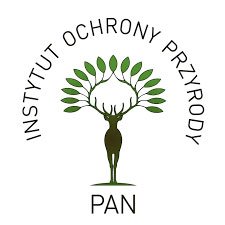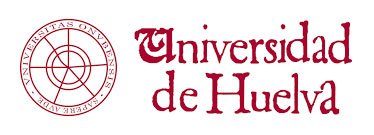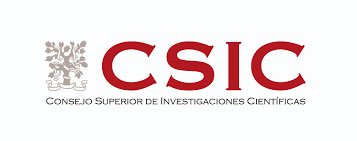Who we are
We are a project funded by the Biodiversa+ Joint Research Call 2022-2023 “Improved transnational monitoring of biodiversity and ecosystem change for science and society (BiodivMon)”. Biodiversa+ is the European co-funded biodiversity partnership supporting excellent research on biodiversity with an impact for policy and society. Biodiversa+ is part of the European Biodiversity Strategy for 2030 that aims to put Europe’s biodiversity on a path to recovery by 2030 and is co-funded by the European Commission.
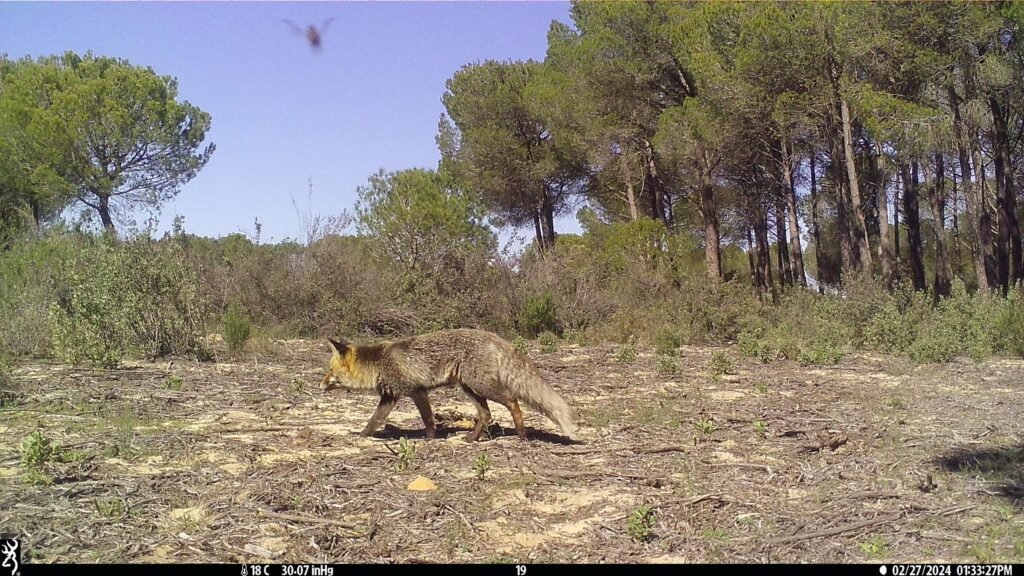
The main objectives of this Biodiversa+ call are to improve knowledge on species distribution and abundance; to refine and upscale existing monitoring methods and/or develop new methods to characterize, understand, and model biodiversity status, dynamics, and trends at relevant spatial and temporal scales; and develop tools for better implementation and harmonisation of monitoring schemes across countries and regions. We will promote interoperable and scalable monitoring of biodiversity changes across space and time and support the analyses of these changes in biodiversity in response to the ongoing global change. Our project will help mobilize and optimize the use of existing biodiversity data by integrating camera-trap projects from multiple European ecosystems.
Our team
Consortium
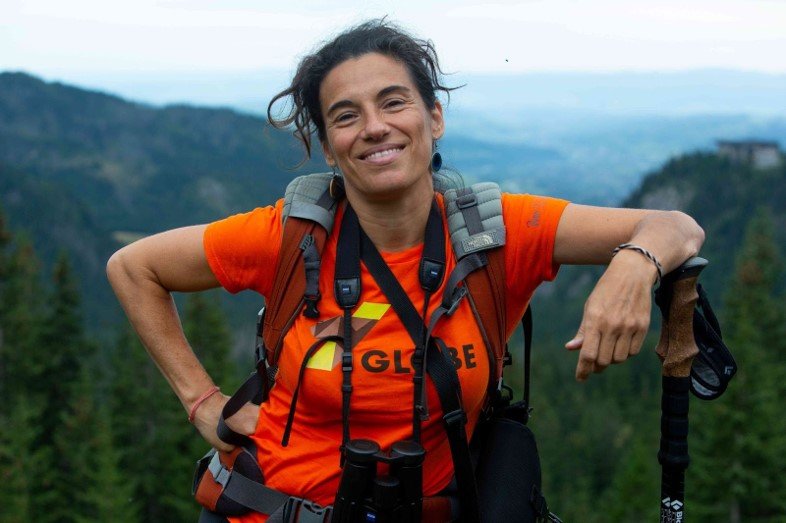
Nuria Selva
Nuria’s research interests cover a wide range of topics within animal ecology and conservation biology. Her research deals with the impacts of global change on species, communities and ecosystems, with a particular focus on mammal communities and particularly on large carnivore ecology and management. She is interested in roads as drivers of global change and has contributed to species monitoring programmes in Poland.
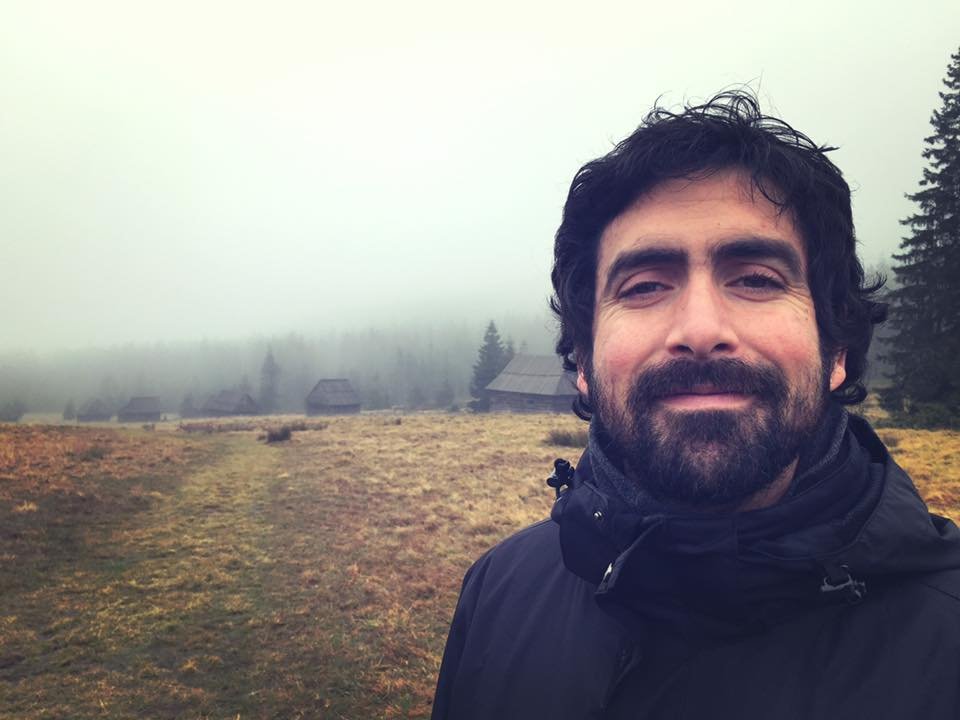
Carlos Bautista
With a background in spatial ecology, he is dedicated to promoting biodiversity conservation by fostering human-wildlife coexistence, with a particular focus on large carnivores. Over the last 10 years, he has participated in brown bear monitoring at the local and national levels in Poland. He has also contributed to European efforts to map and evaluate changes in bear distribution at the continental scale.

Sara Beery
Sara’s research focuses on building computer vision methods that enable global-scale environmental and biodiversity monitoring across data modalities, tackling real-world challenges including geospatial and temporal domain shift, learning from imperfect data, fine-grained categories, and long-tailed distributions. She partners with industry, nongovernmental organizations, and government agencies to deploy her methods in the wild worldwide.

Simone Santoro
Simone specializes in population, evolutionary ecology, and host-pathogen dynamics. He is an expert in applying advanced statistical methods to the challenges posed by uncertainty in ecological data, particularly in wildlife monitoring. Focusing on spatial-temporal variations in ecological processes, he is interested in robust experimental design and data analysis.
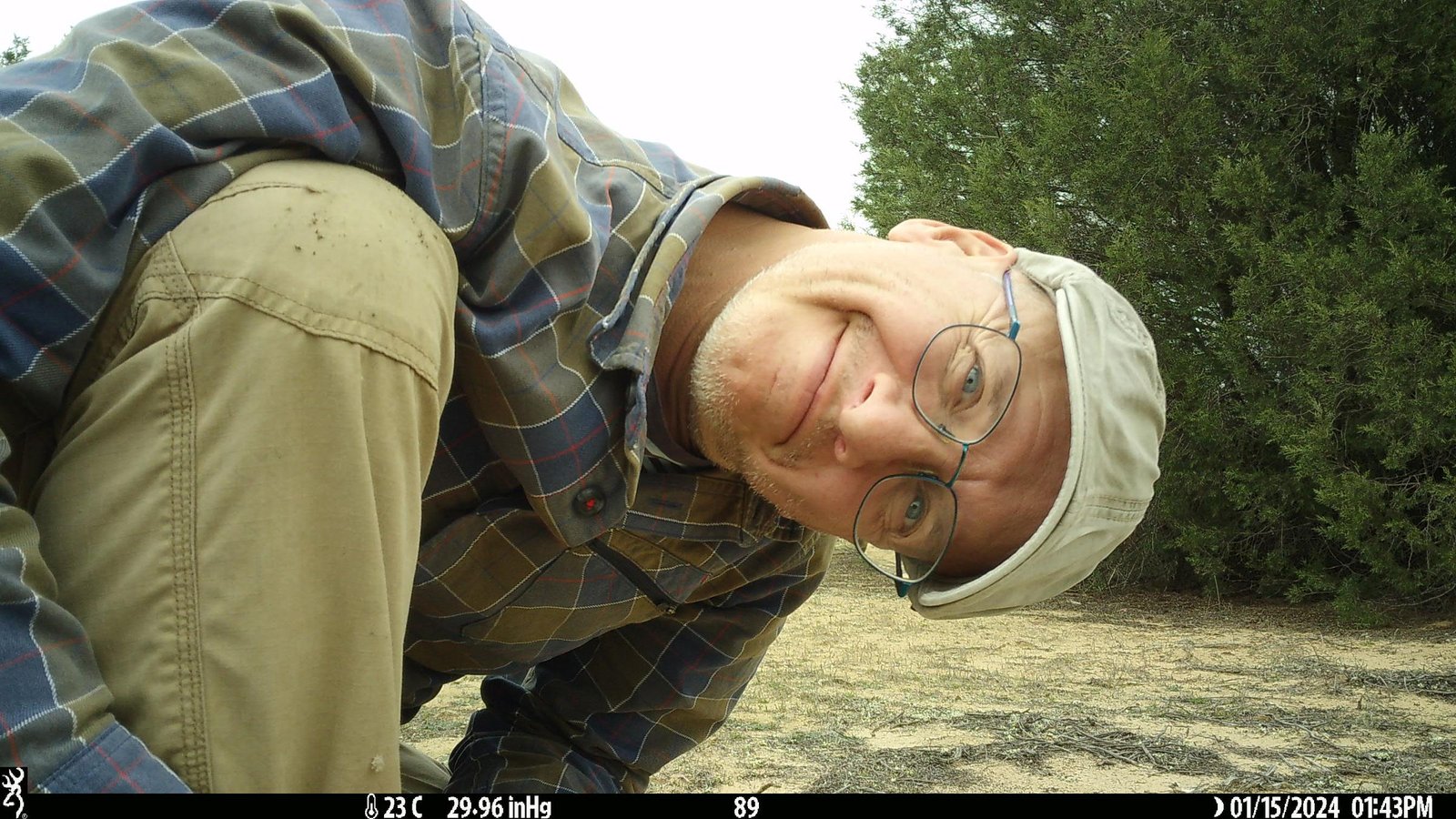
Javier Calzada
Lecturer in Zoology at the University of Huelva, Spain. His studies focus on mammalogy, population ecology, and conservation biology. He has worked with endangered species such as the Iberian lynx Lynx pardinus for many years. Collaborating with colleagues from other disciplines, he works on efforts to automate the monitoring of biodiversity.
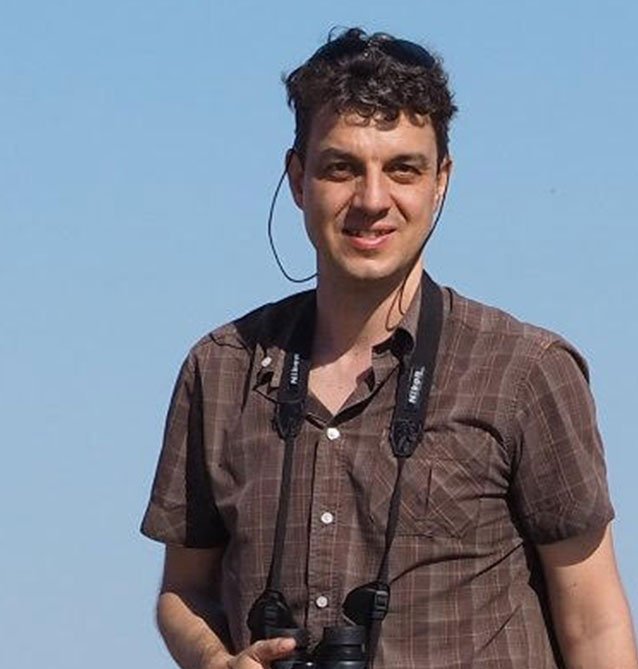
Néstor Fernández
Biodiversity conservation scientist with a strong focus on advancing monitoring schemes useful for decision making at multiple scales. His research also addresses how rewilding can contribute to large-scale recovery of nature; and how can nature protection and restoration be designed reconciling multiple needs in complex social-ecological systems.
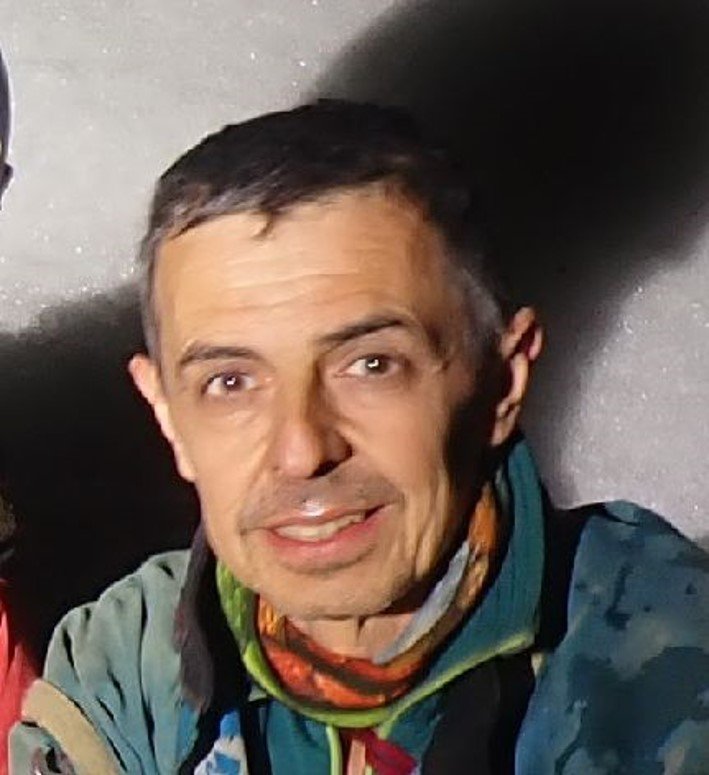
Francisco Pando
Dr Francisco Pando is a researcher of the Spanish’s National Science Council (CSIC).Taxonomist (Slime moulds, global checklists) and Bioinformatician ( Information systems for collection management, floristic studies and identification systems).Author of over 80 scientific articles, done field work in Altai, Equatorial Guinea, Morocco, Latin-America and Spain, co-authored a few global check-lists, and worked on standard development within the TDWG framework In the past Keeper of the MA herbarium, TDWG Secretary, Nodes Officer at GBIF Secretariat. Now head of the Spanish GBIF node.
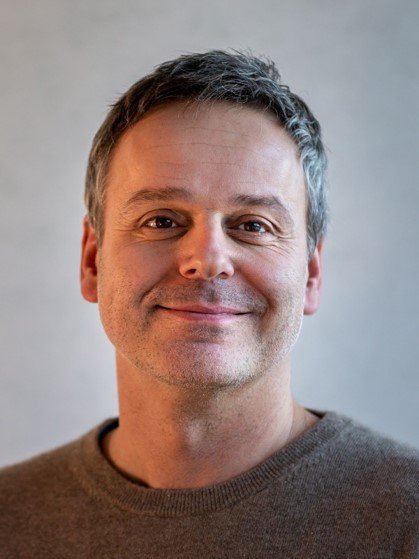
Andreas Zedrosser
Professor in Ecology with main research focus on evolutionary and behavioral ecology as well as the management and conservation of large mammals. Current main research activities focus on several aspects of ecology and management of various bear species in Europe, Asia, North and South America, as well as deer species in Europe.

Katia Cezón
Katia’s research focuses on biodiversity and the conservation of bryophytes, particularly in floristics, taxonomy, and ecological modelling. For the past 14 years, she has been part of the Spanish GBIF Node, where she leads biodiversity data management. She ensures data quality and implements international standards and guidelines for Spain’s biodiversity data. Additionally, she actively participates in science dissemination activities to promote the publication and use of open biodiversity data.
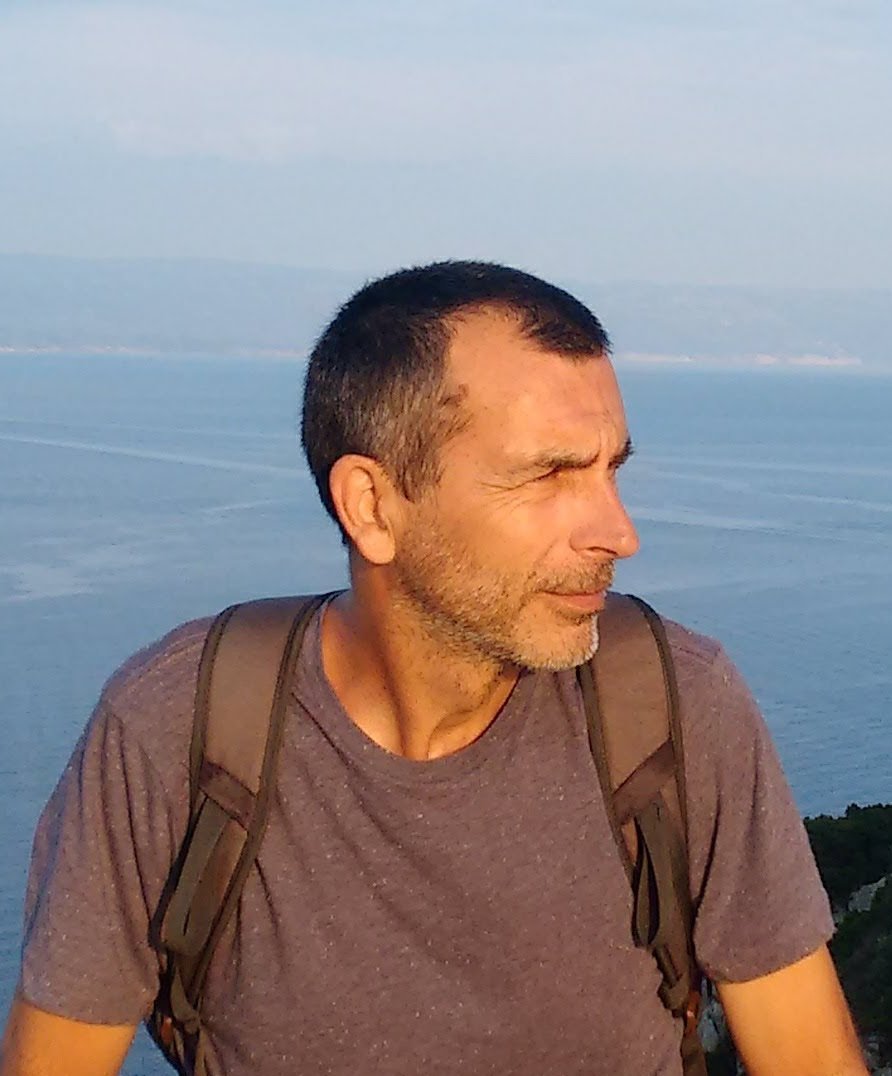
Manuel Emilio Gegúndez
Manuel received his PhD degree in Mathematics in 1999. Since 2001, he has been a lecturer at the Department of Mathematics at the University of Huelva. His current research interests include digital image processing and system modeling.
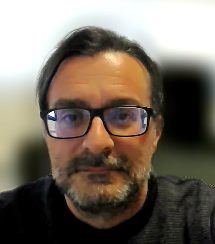
Iñaki Fernández de Viana González
Computer science researcher and university lecturer with over two decades of experience in research, teaching, and academic management. His work spans bio-inspired computation, fuzzy modelling, linguistic rule generation, web verification systems, and data integration. More recently, his research has focused on the use of artificial intelligence in road-safety systems and its application to wildlife monitoring using camera traps.
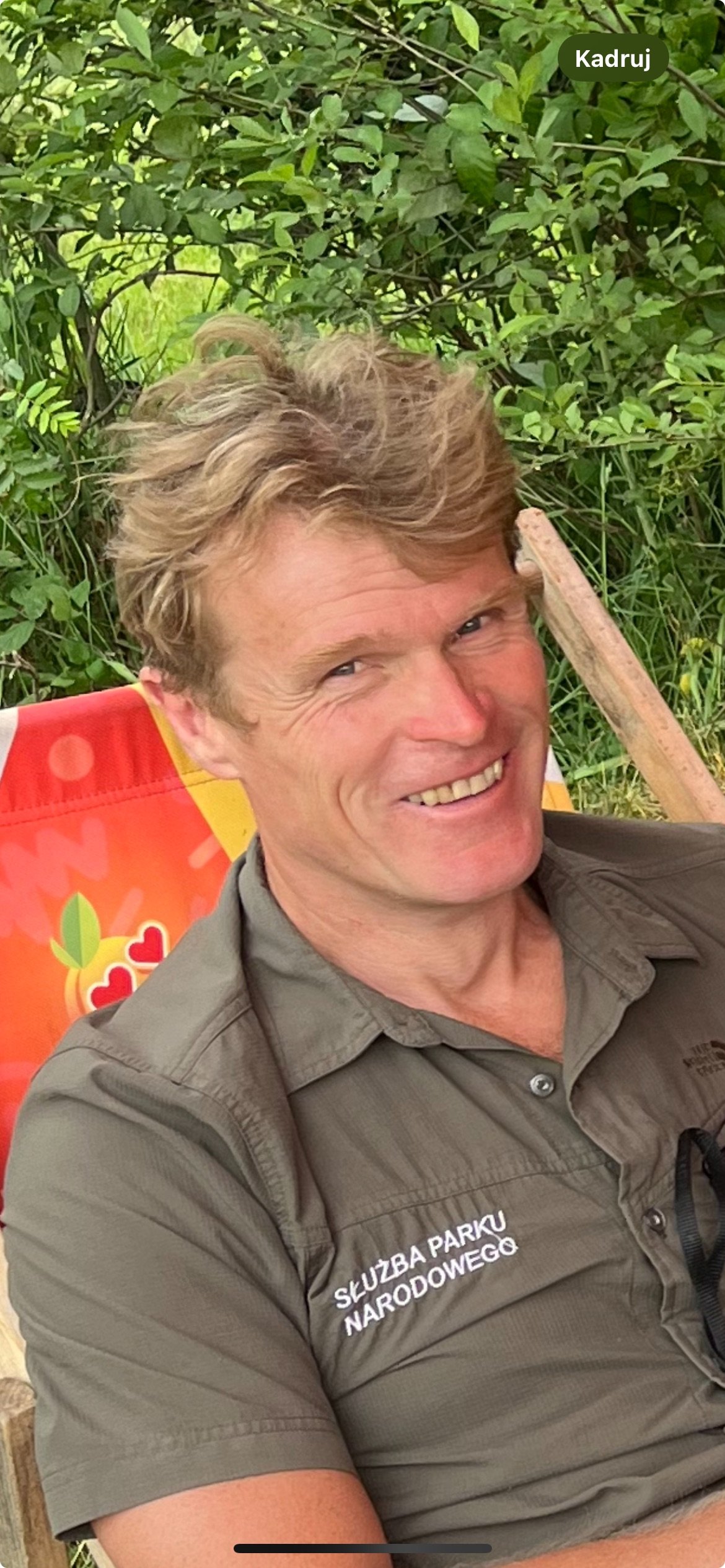
Tomasz Zwijacz Kozica
He obtained his PhD in forestry sciences in 2003. Since 2015, he has been the head of the Research and Planning Department of the Tatra National Park, Poland. His current research interests include fauna monitoring, especially the brown bear. He is a member of the IUCN SSC Bear Specialist Group.
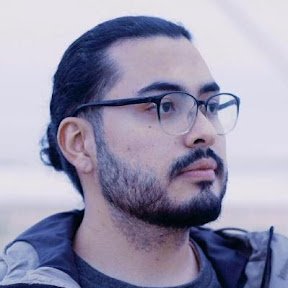
Santiago Gutierrez-Zapata
Santiago is a PhD student in Ecology at the University of Huelva. The main objective of his research is to estimate population parameters of the mammal community present in Doñana National Park by integrating photo-trapping as a sampling method and image classification with artificial intelligence and citizen science. In the last two years he has worked on projects focused on integrating photo-trapping and artificial vision for semi-automatic monitoring of mammals.
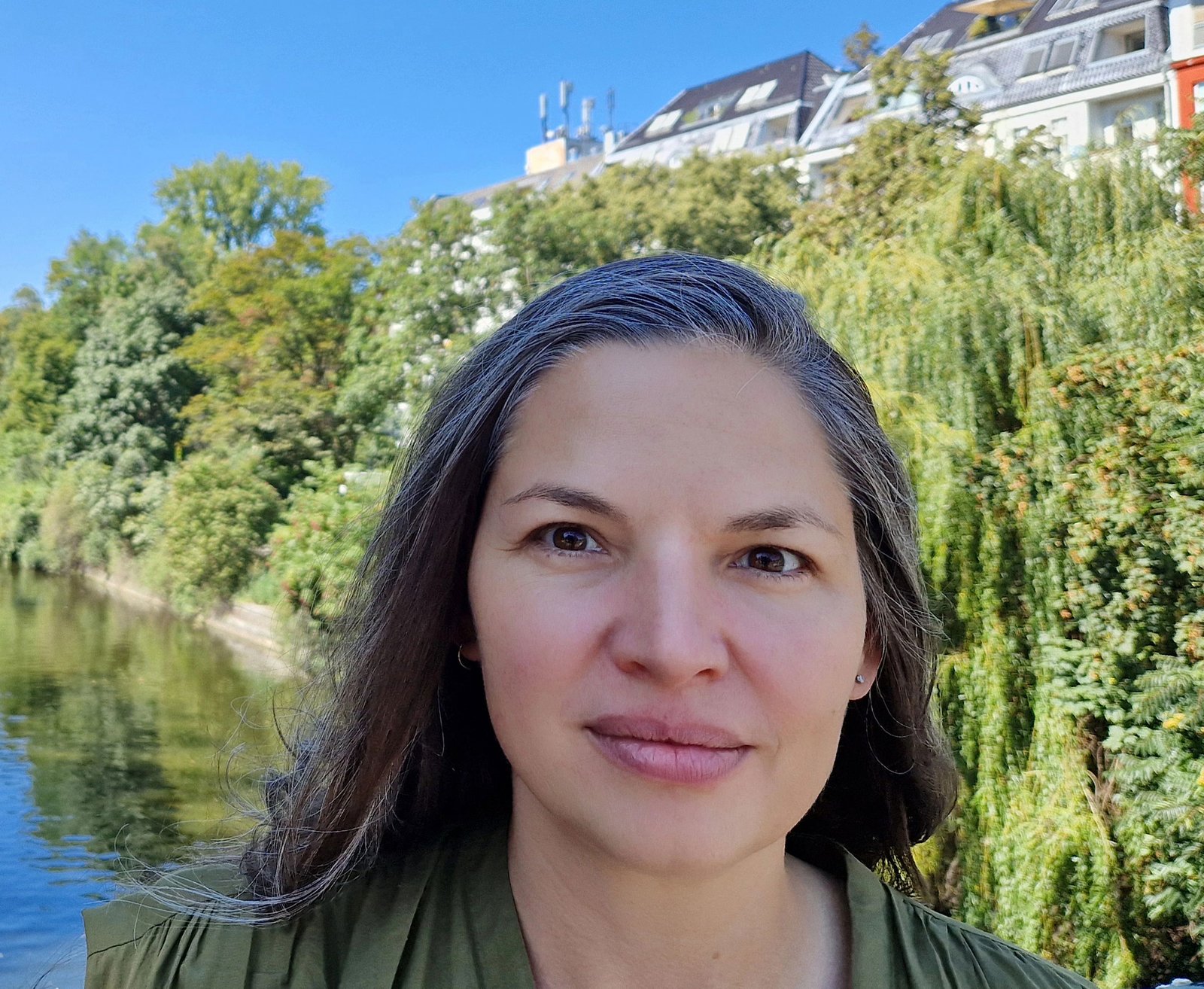
Monika Hoffmann
Monika is a PhD student at the Institute of Nature Conservation in Krakow, specializing in the intersection of computer technology and nature conservation. With a background in Forest Information Technology, she is particularly focused on leveraging Geographic Information Systems (GIS) to provide crucial data, perform analyses, and create visualizations that support nature conservation efforts.
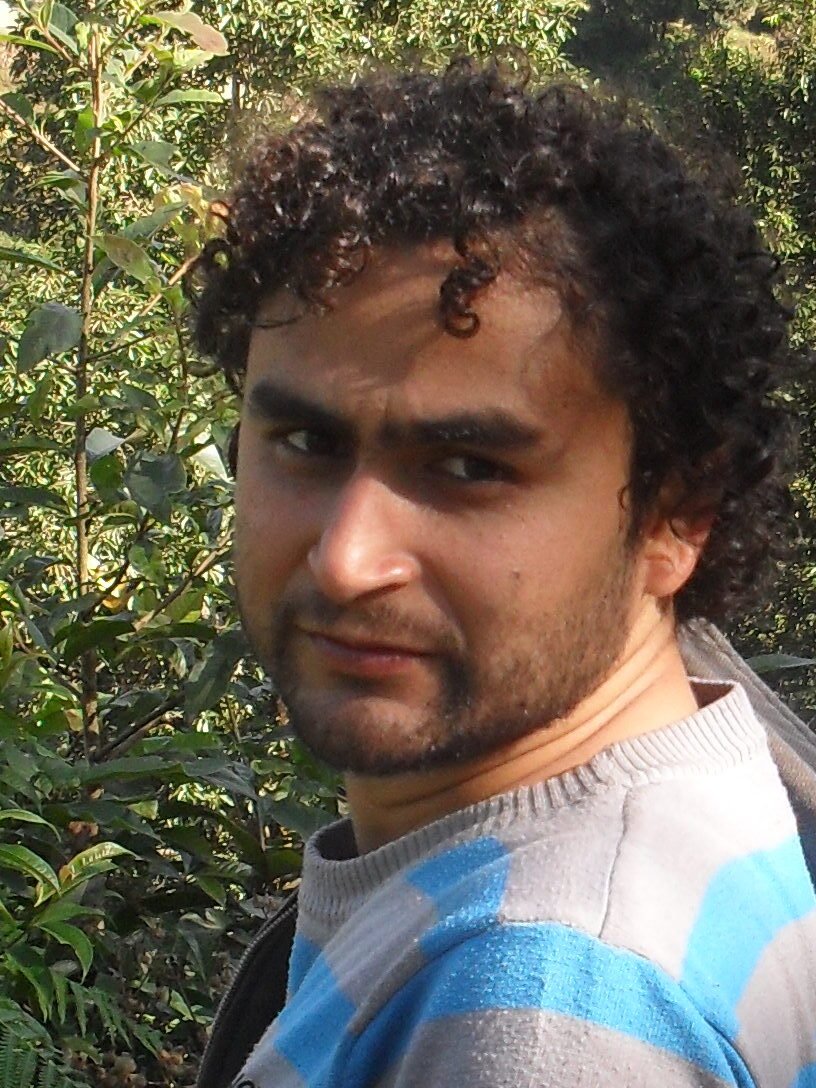
Pradeep Joshi
Pradeep holds a master’s degree in Ecology and has experience in wildlife and biodiversity conservation. He has participated in camera trap surveys, data analysis, and has conducted occupancy analysis of mammals in South and Southeast Asia. As a PhD student, he will analyze how AI classification of camera trap images introduces biases in estimating species occupancy.
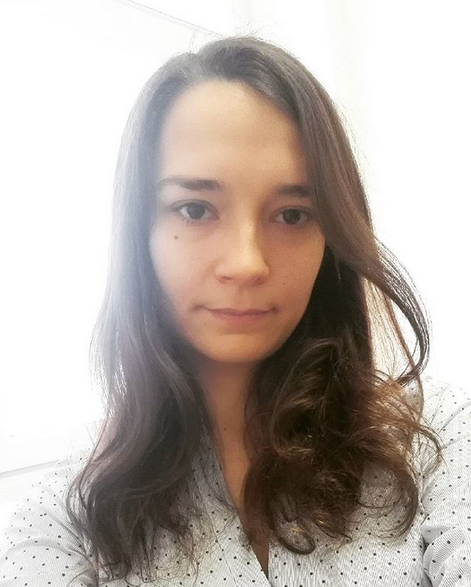
Lenka Straková
With a background in applied mathematics, she will join the previous modeling approach in deep learning and recognition of species. She was part of multiple research teams creating models with practical usage in crisis, safety and security, population dynamics, civil engineering, creation of apps for the market in Slovak and the Czech Republic.

Iwona Huber-Dąbrowska
International Projects Manager who works for the Institute of Nature Conservation PAS in Kraków.
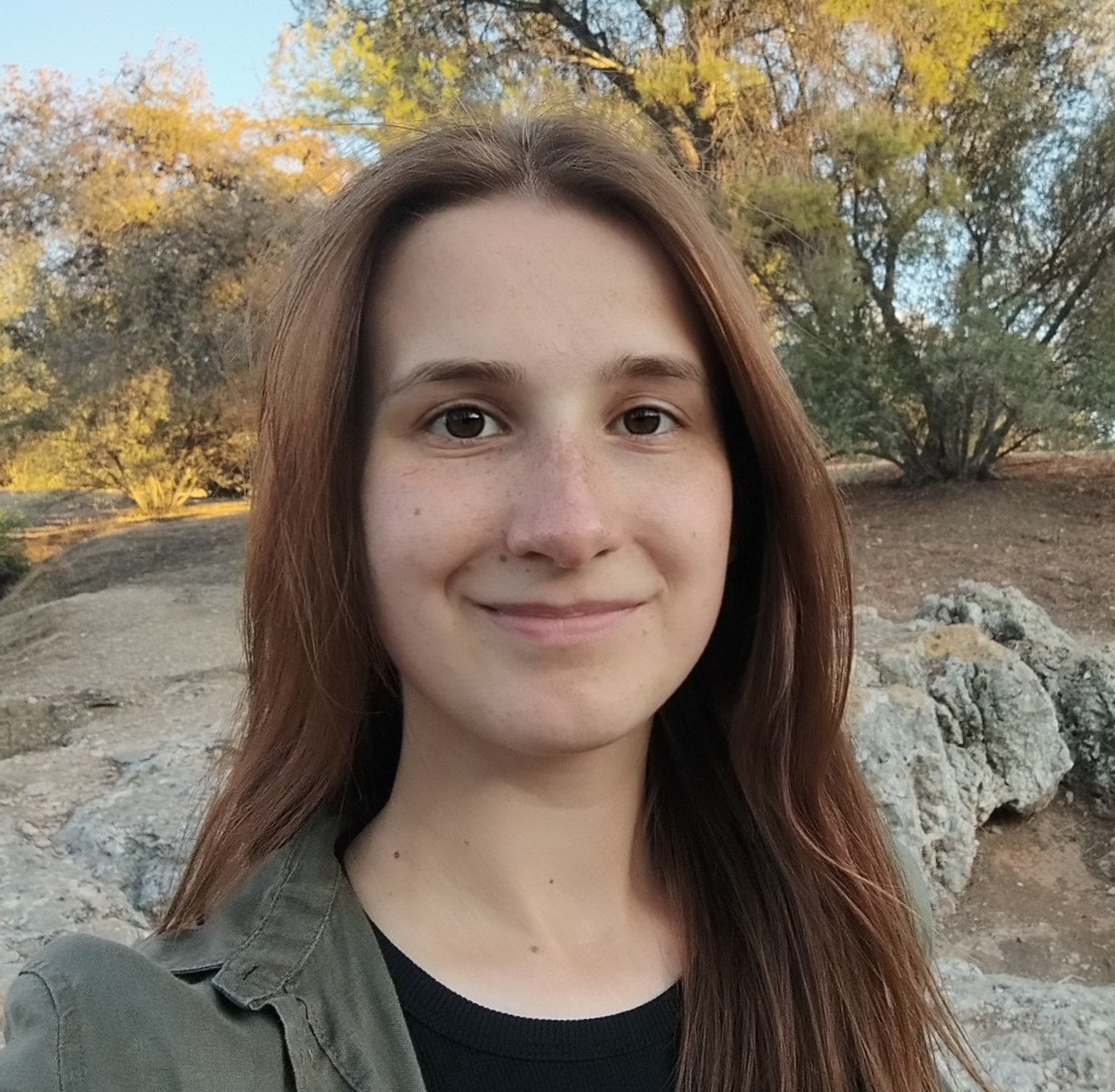
Agata Kaczówka
Agata is a Master’s student in Environmental Protection and Management at Jagiellonian University in Kraków. She completed her Bachelor’s thesis on animal occupancy and activity using camera trap recordings. She participated in camera trap surveys, setting up and calibrating equipment for AI-assisted species identification, as well as management of ecological data.
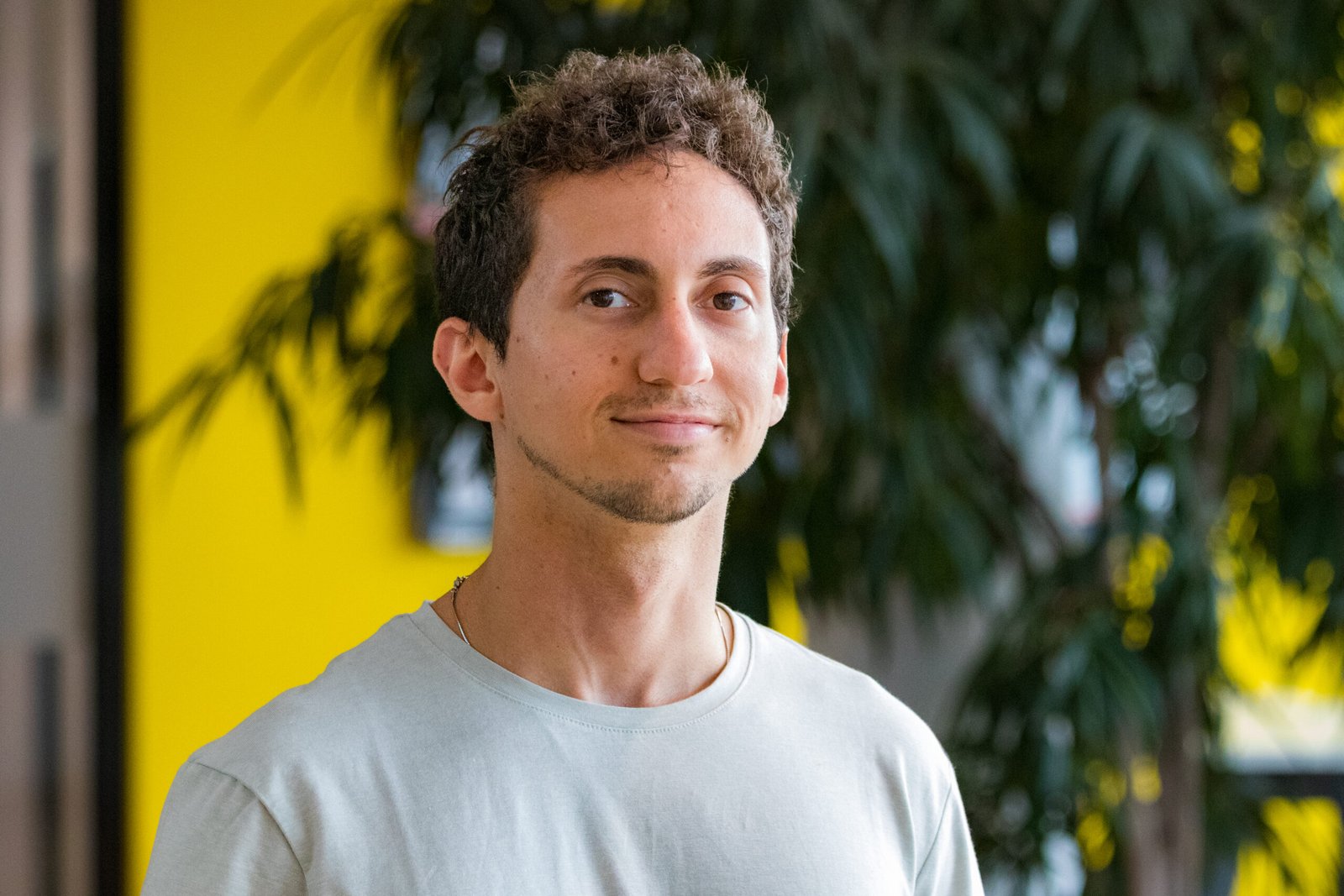
Pedro Mittelman
Pedro is an animal ecologist focused on forested habitats. Enthusiastic about plant-animal interactions, small and large mammals, camera trap monitoring, and seed dispersal. Pedro seeks to understand the effects of habitat chararteristic on local fauna and interaction dynamics.
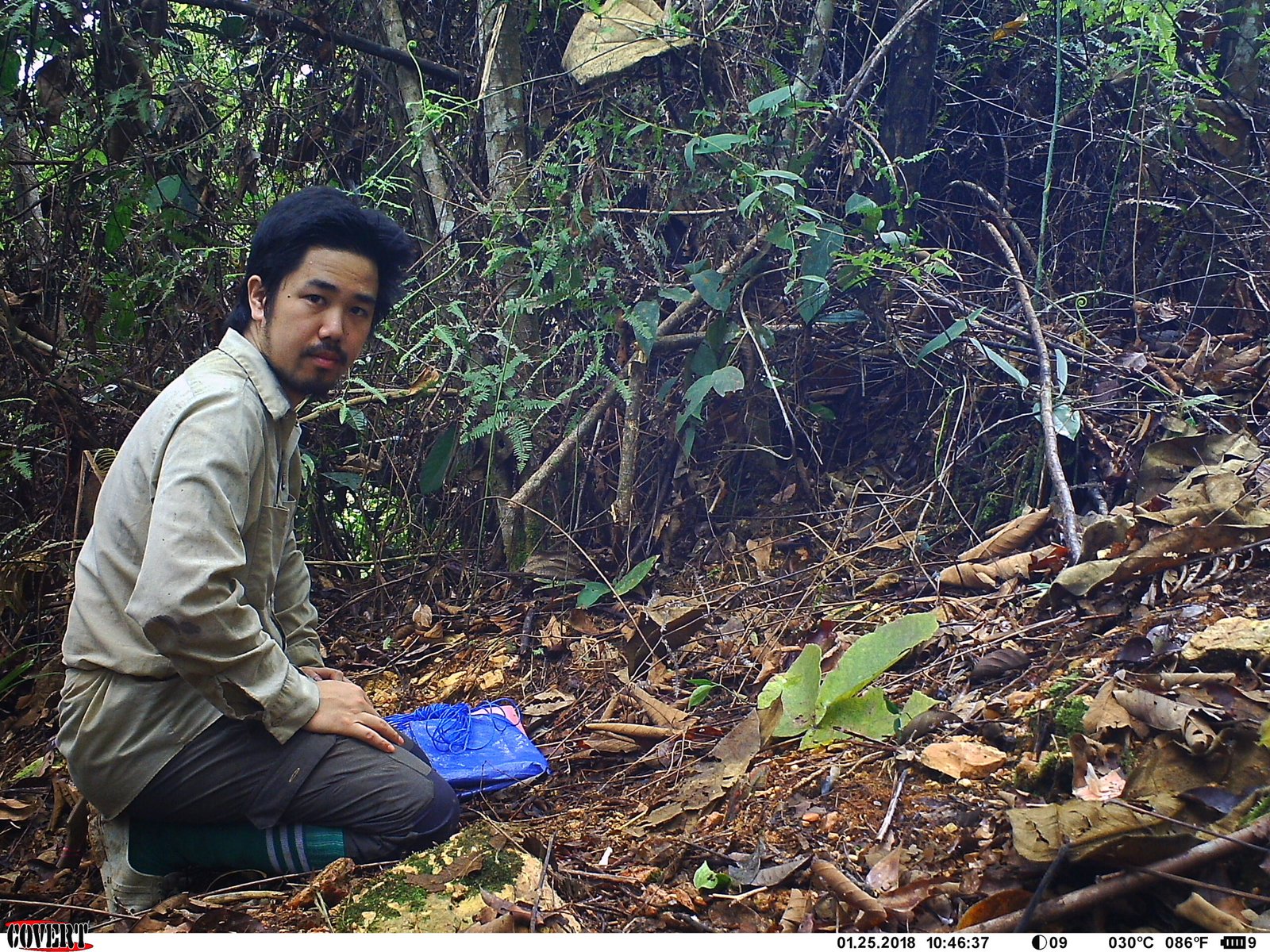
Seth Wong
Seth has extensive experience conducting camera-trap surveys in Malaysian Borneo, focusing on how terrestrial vertebrate occurrence is influenced by anthropogenic disturbances in forest production landscapes. He joins the team to contribute to the estimation of key species population metrics, including occupancy, abundance, and density.
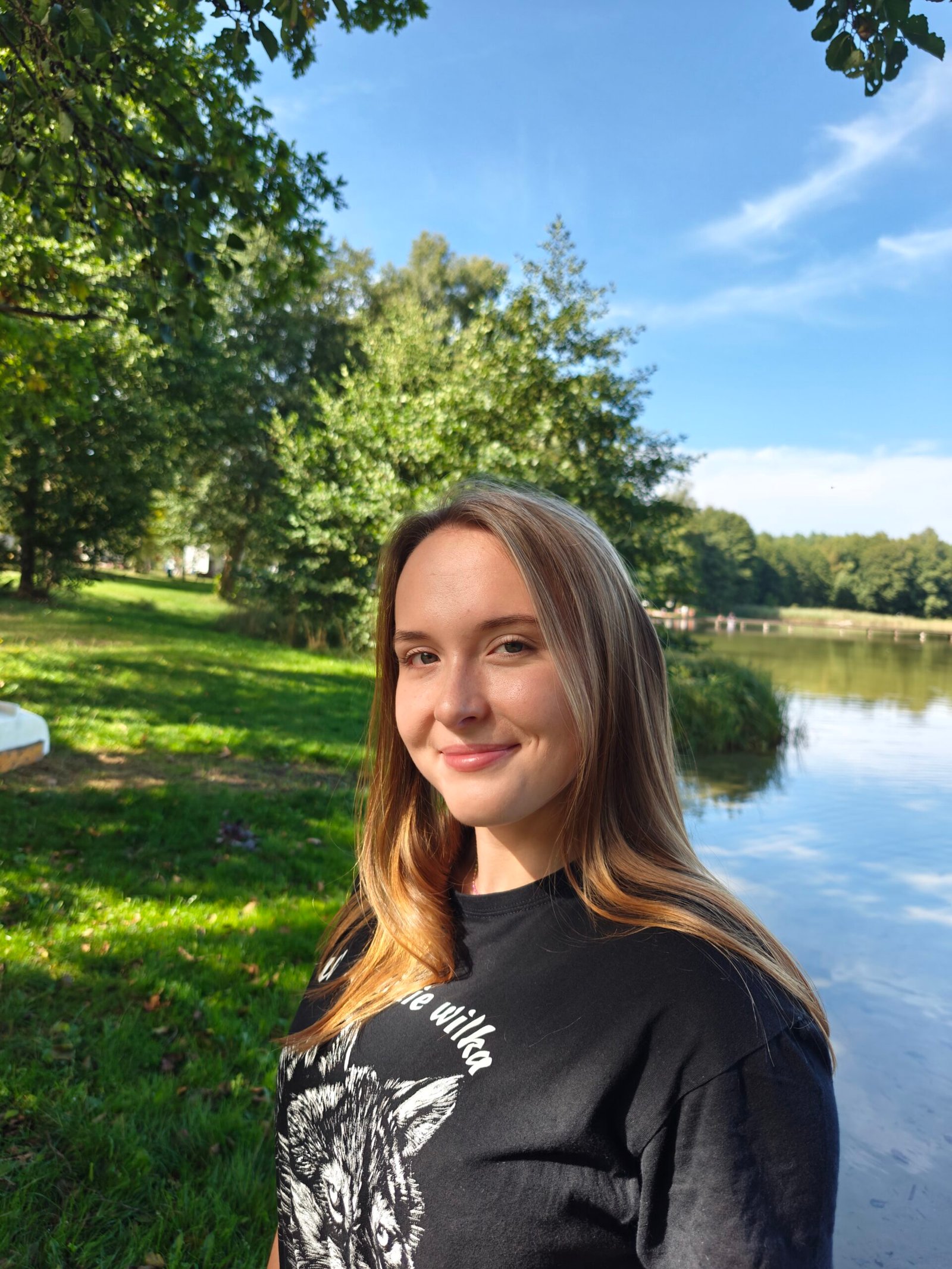
Weronika Czop
Master’s student in Bioinformatics at the Jagiellonian University in Kraków. Her academic focus is applying data visualization, genetics, and evolutionary science to the conservation of marine mammals and terrestrial species. In 2025, she conducted fieldwork in Greece, working on a project assessing the impact of anthropogenic noise pollution on marine mammals.
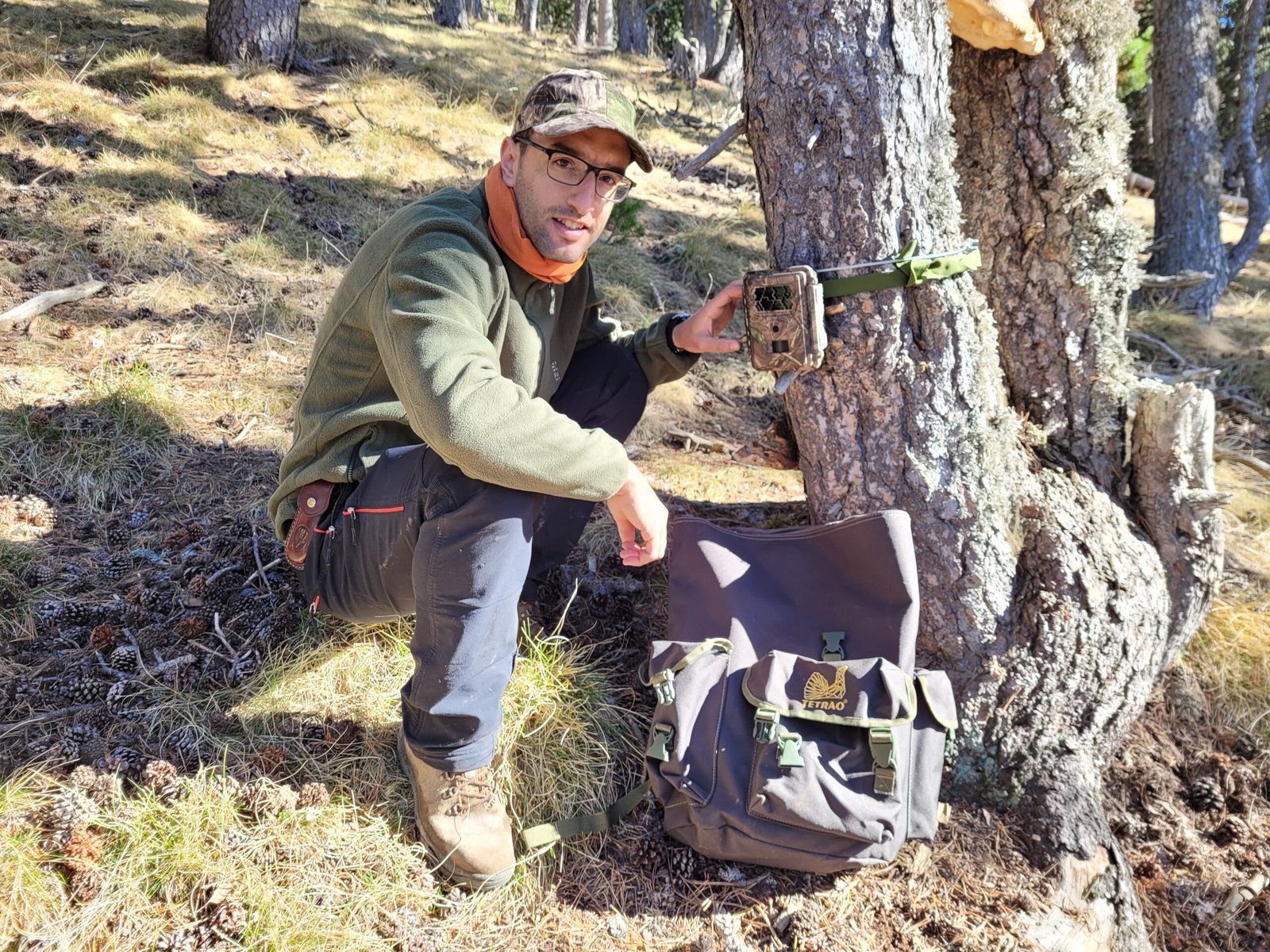
Pablo Palencia
Pablo Palencia is a researcher interested in the use of camera trapping for wildlife conservation and monitoring. His work focuses especially on using camera traps as a non-invasive methodology to estimate population density, especially through the random encounter model.

